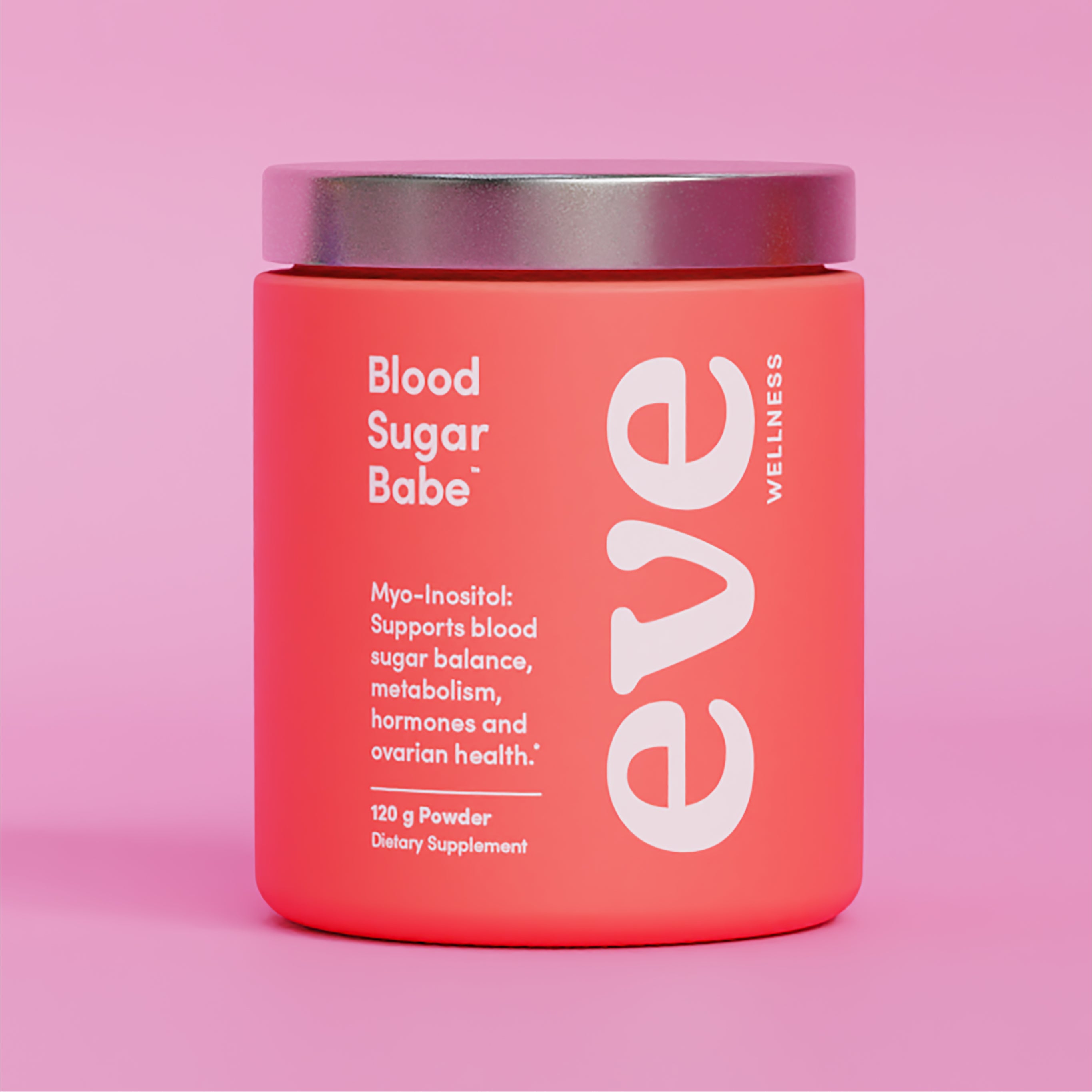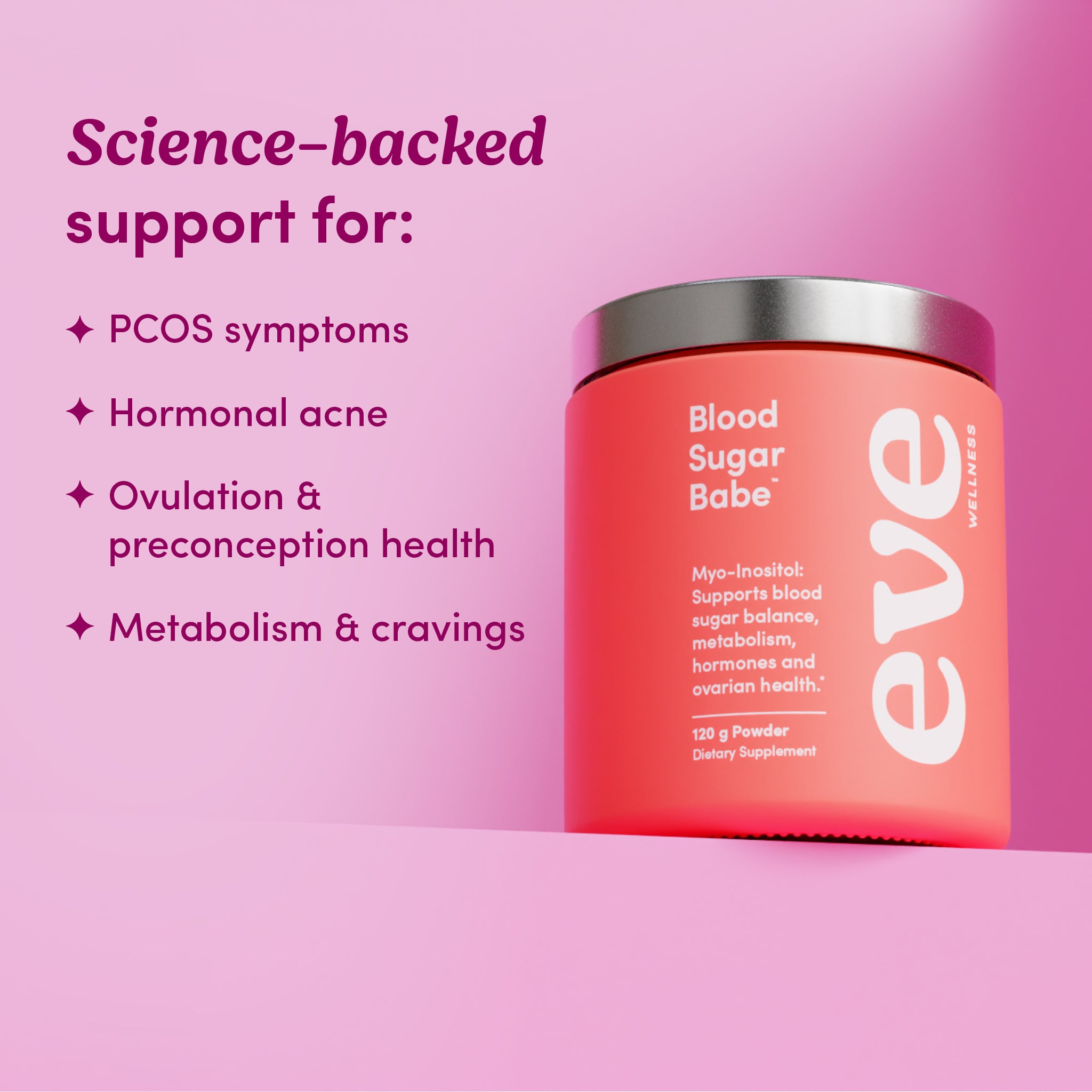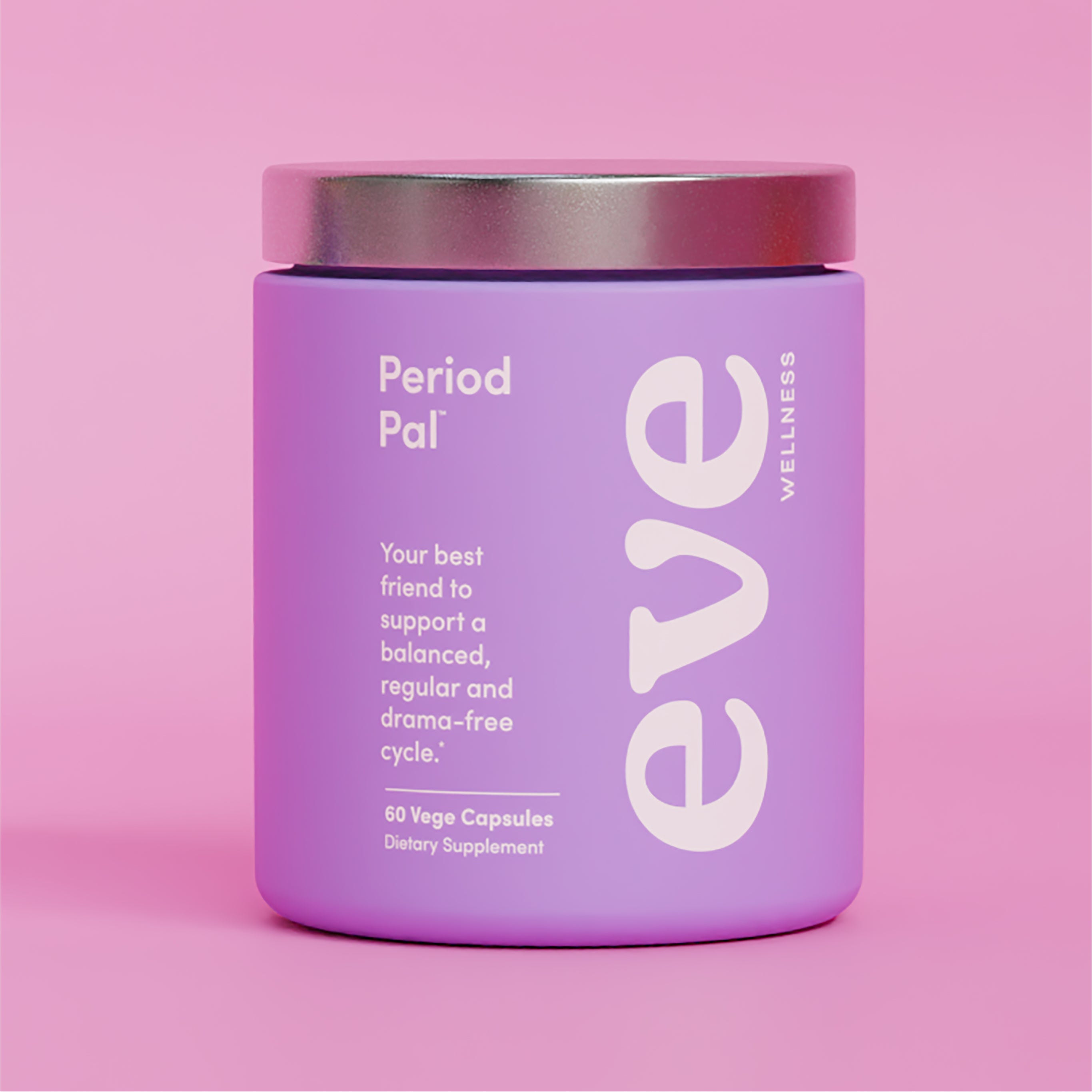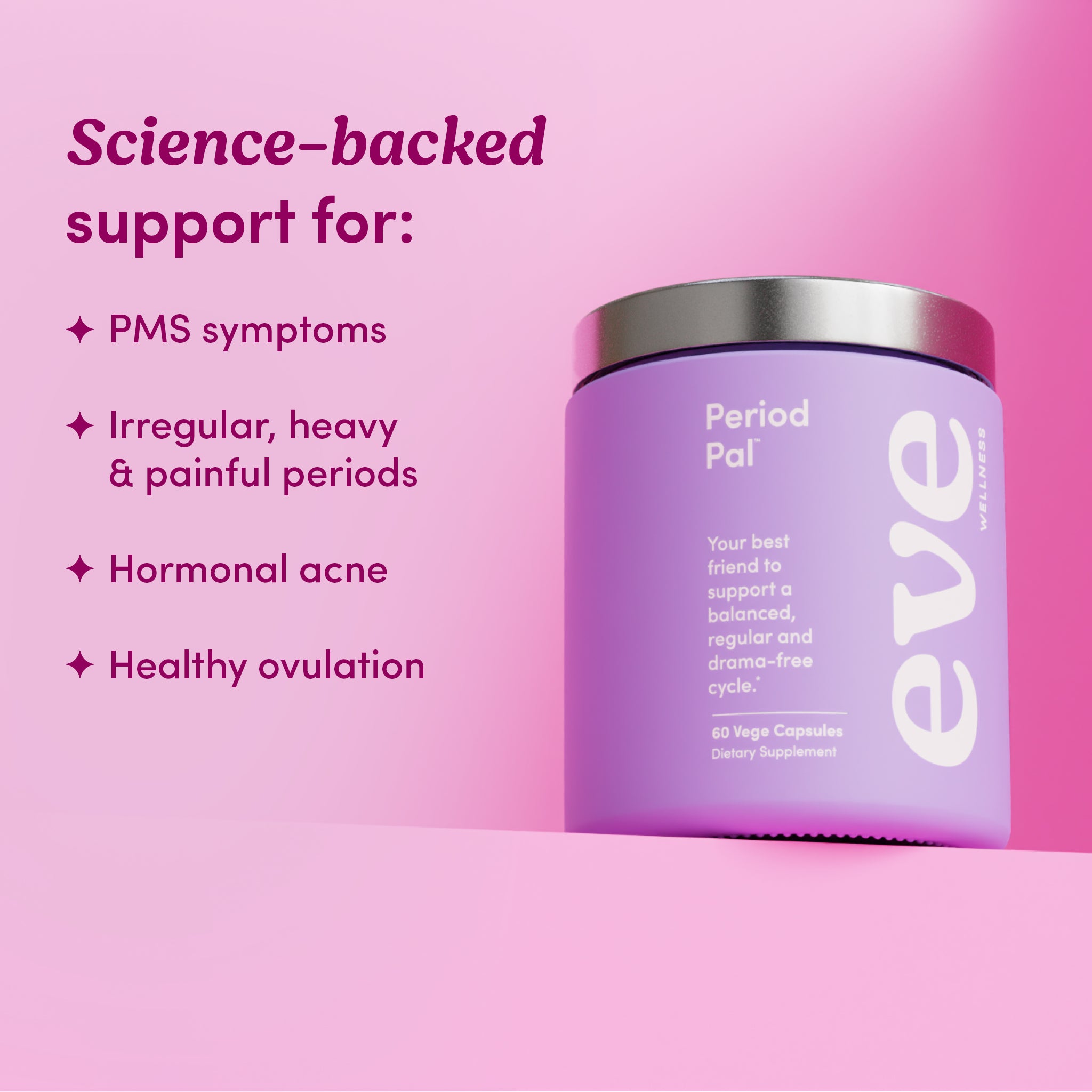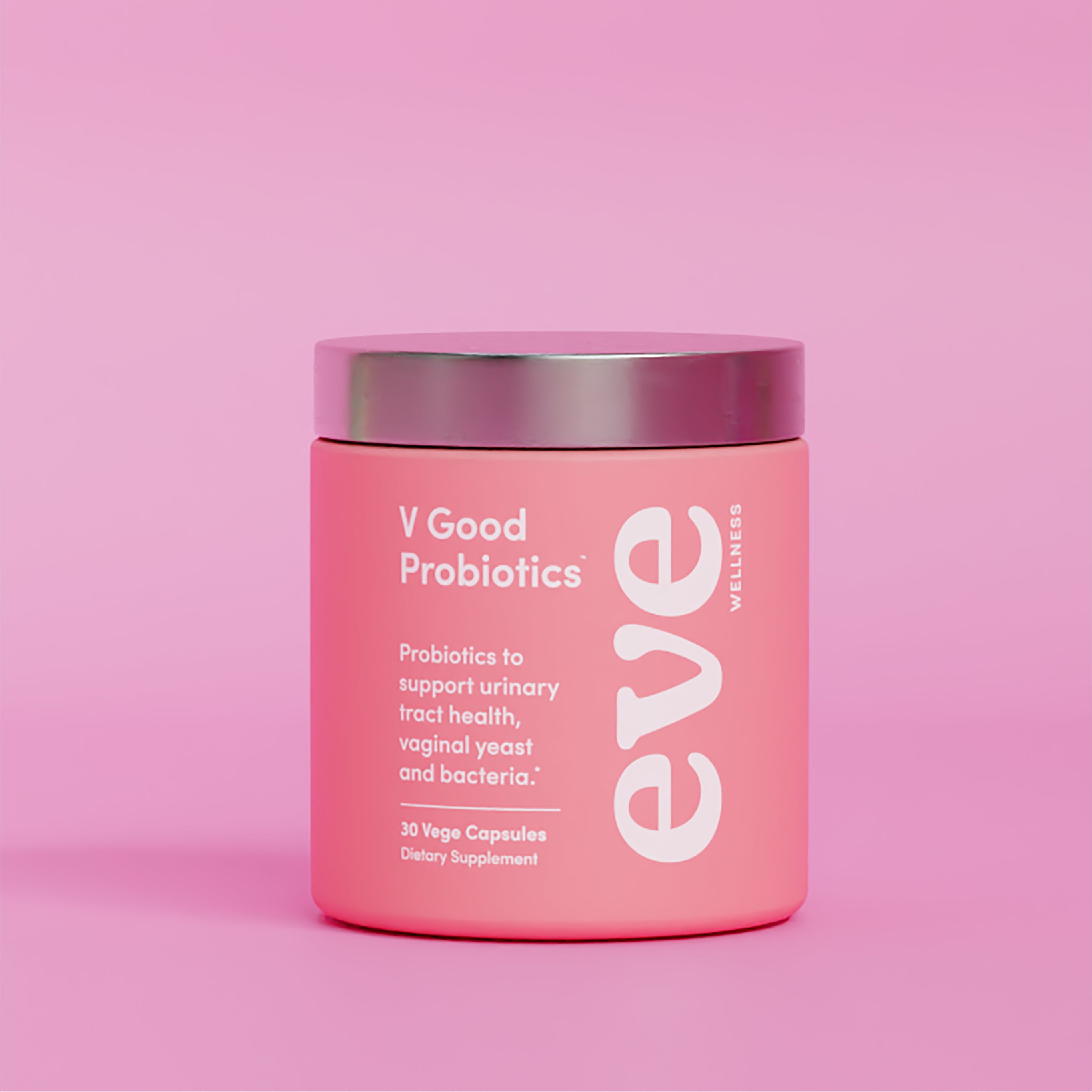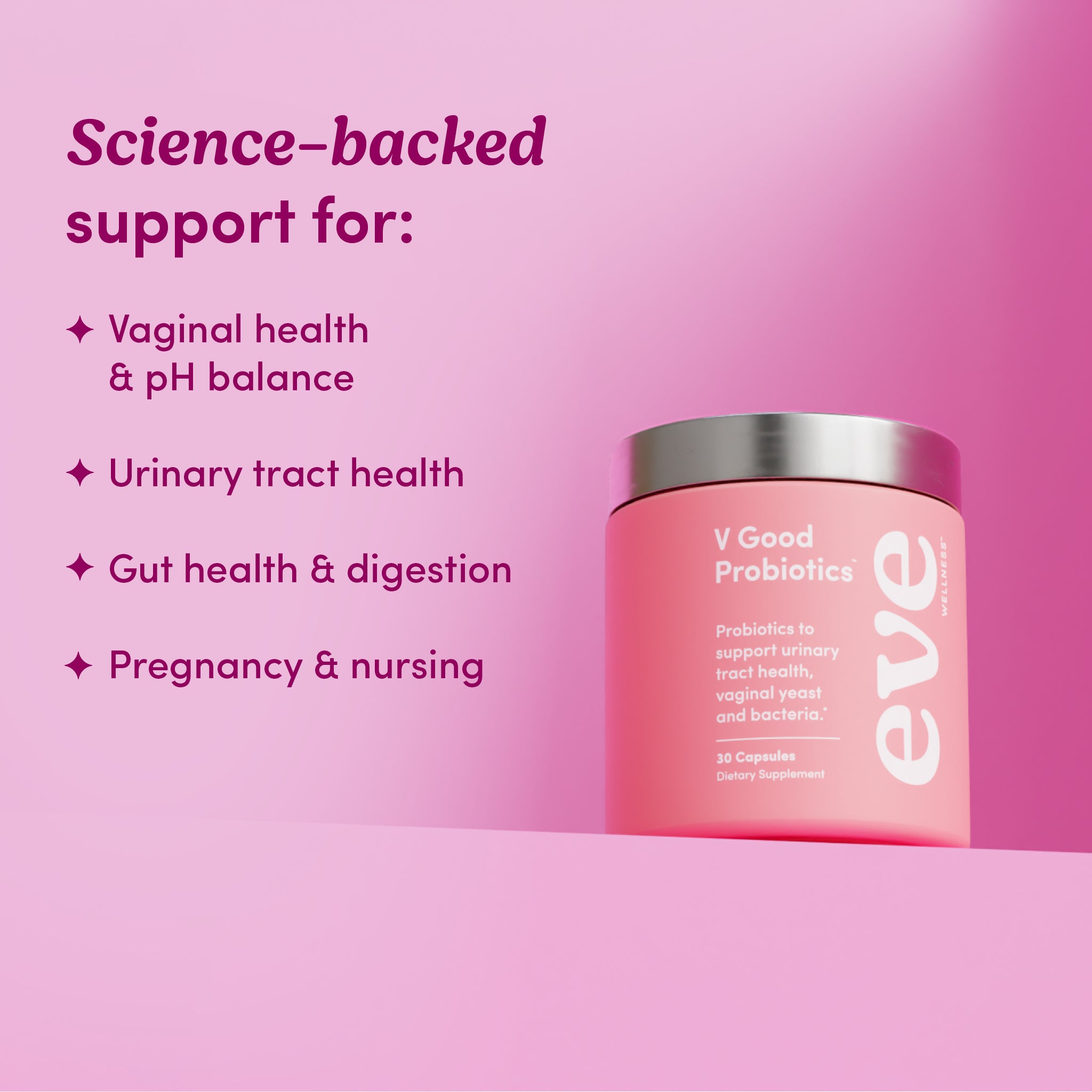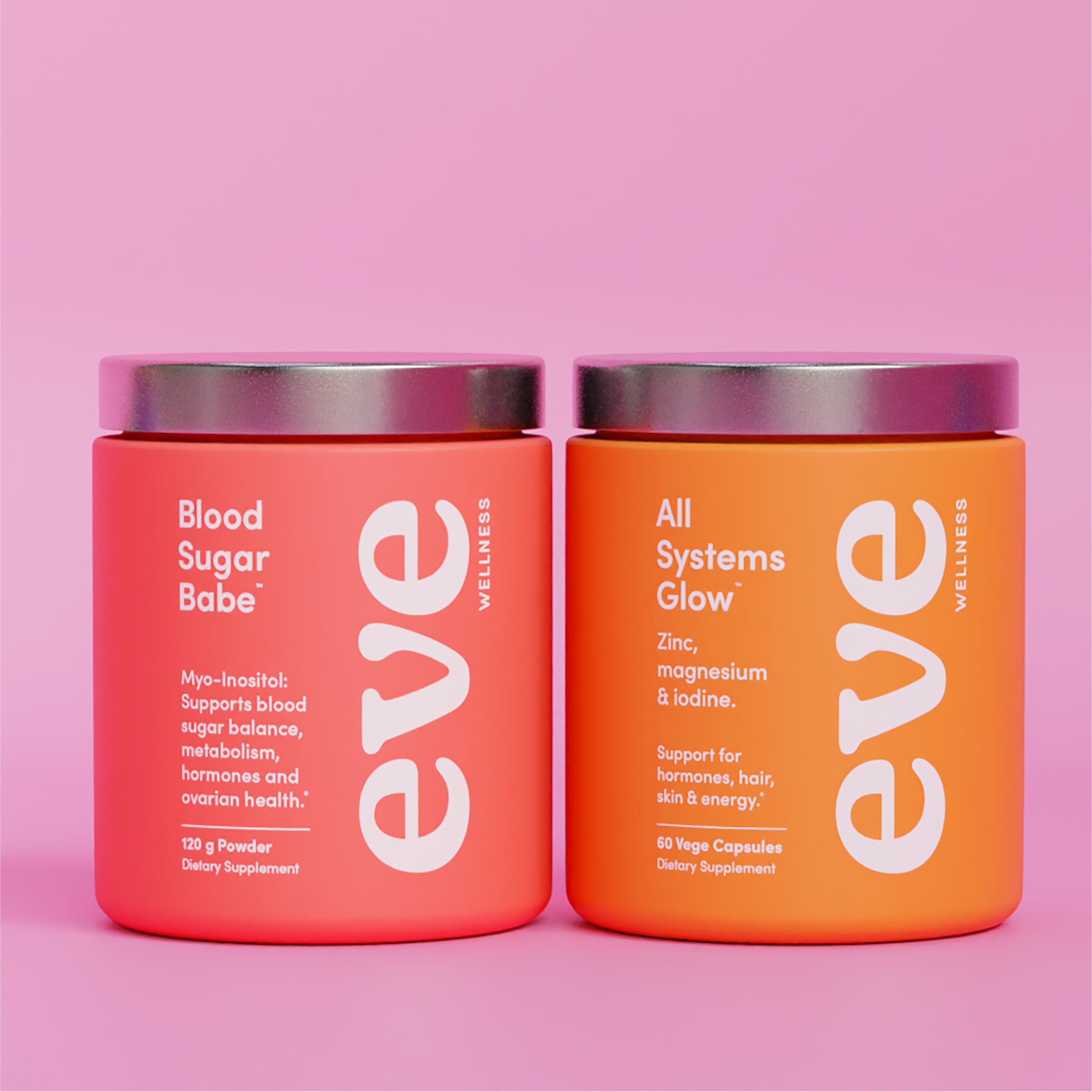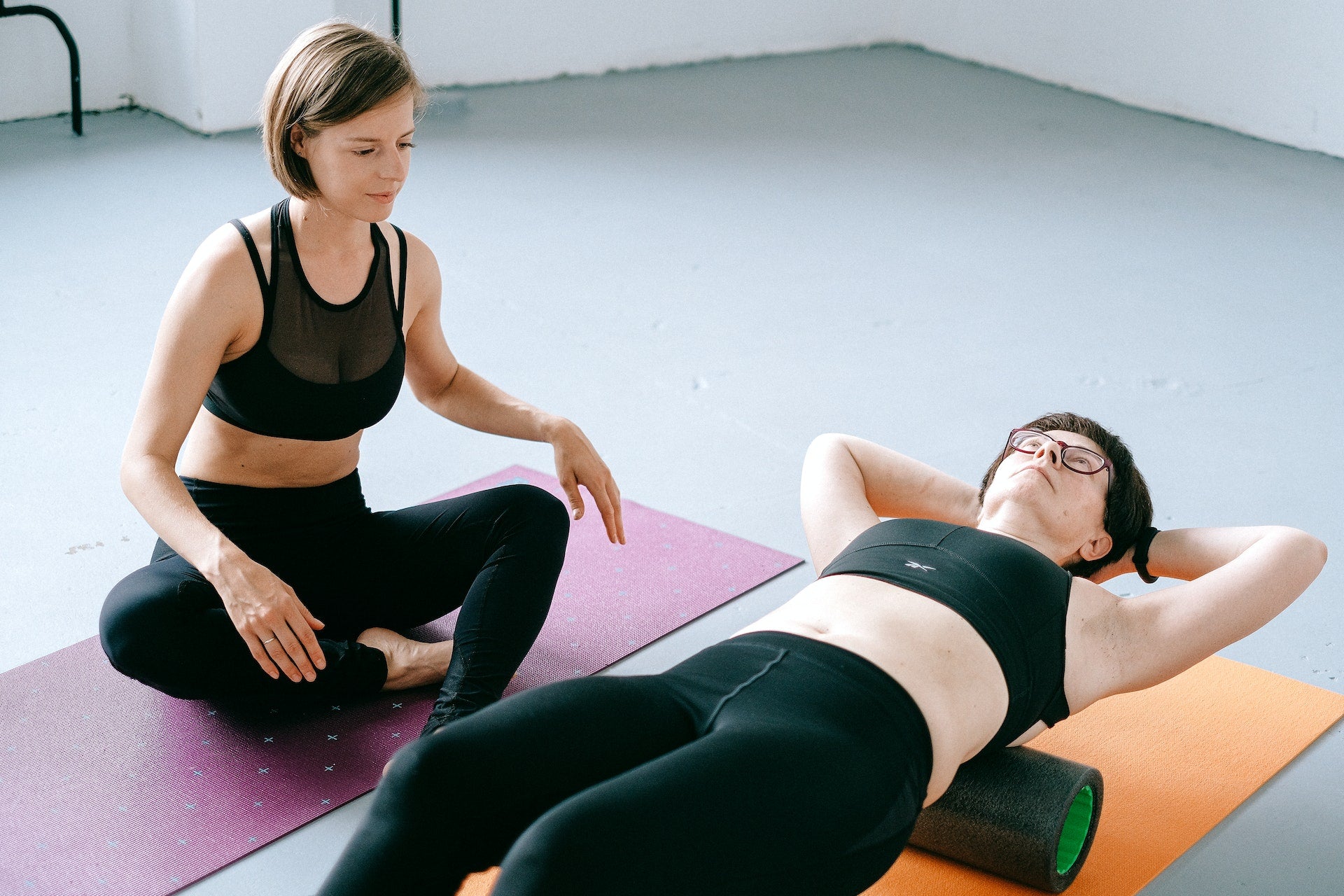The journey of womanhood is pretty incredible, just as we evolve and change throughout our life, so do our hormones. Each age and stage brings subtle shifts in our physiology, and its own challenges keeping everything in check.
Wherever you are on the incredible journey that is womanhood, here are the key ways you can look after your hormone health, to feel your best inside and out.
IN YOUR 20'S
It’s a bit of a common misconception that you don’t need to pay much attention to your hormone health in the early days of womanhood, but this couldn’t be further from the truth.
Establishing regular, ovulatory, and drama-free cycles in your 20’s helps to lay a strong, balanced foundation of hormone health to see you through the rest of your adult life.
While you might think you’re welllll out of the puberty-woods by this stage, according to Dr. Jerilynn C. Prior, a Canadian endocrinologist with expertise in reproductive hormones, it can take up to 12 years(!!) to develop a mature menstrual cycle with healthy, regular ovulation and optimal level of progesterone.
Throw into the mix challenges like alcohol, starting out in the working world, navigating contraception options, relationships, and a whole lot of pressure to know what the heck you’re doing with your life, and it really is no surprise more and more younger women are having a hard time reaching this stage and are experiencing signs of hormone imbalance.
A few key tips for this time of your life:
- Develop a good relationship with your body, and get friendly with your unique cycle.
- Learn what your normal is, and pay attention to things that don’t feel right.
- Learn about the different hormonal phases of your cycle, and understand that you’re going to have different energy levels, strengths and desires at different times of the month. Use these hormonal shifts to your advantage.
- Make an informed decision about contraception, and opt for a non-hormonal form if this is an option for you.
- Don’t settle for your symptoms! PMS, acne, painful periods, and mood swings aren’t ‘normal’ and they don’t have to be your norm either. Find out what your body is trying to tell you through these signs and work to restore balance in your body.
IN YOUR 30'S
We’ve spoken to a lot of mums who have told us a similar story: since becoming mothers they don’t feel like their hormones have ever eased back into balance.
In fact, the process of growing, birthing and caring for a tiny human is one of the most common causes of hormone imbalance in women in their 30’s, but there are ways you can support your body through this phase, and get your hormone health back on track.
To help balance your hormones after baby, it’s important to replenish your nutrient stores. A growing baby will take whatever nutrients it needs to develop, which can often leave new mums massively depleted postpartum—also known as ‘postnatal depletion’.
Key nutrients, such as zinc, magnesium, b-vitamins, selenium, iodine and omega-3 fatty acids play an important role in hormone production, along with detoxification, energy, metabolism and producing the neurotransmitters we need to support our moods & mental health.
To make sure you’re getting enough to top your nutrient-tank back up, prioritise eating regular, nourishing meals - kids leftovers aren’t going to cut it, sorry! We also recommend supplementing with a quality multivitamin or prenatal, (such as BePure Mum's One) throughout the postnatal period.
IN YOUR 40'S
Supporting your hormone balance in your 40’s helps to set you up for a smooth—or at least smoother—transition into the next phases of womanhood: peri-menopause and menopause.
Two key pieces of this easy-menopause-puzzle are your adrenal health and oestrogen balance.
By adrenal health, we’re talking about the stress hormones that are pumped out of your adrenal glands on a daily basis. Heading into peri-menopause a stressed, frazzled, hot-mess is a direct recipe for hot flashes and mood swings.
To lower your stress levels and nourish your adrenal health, make sure to:
- Give yourself permission to say no, and to take time for you. You don’t need to be supermum, learn to delegate.
- Prioritise rest and sleep. Go to bed early and sleep in when you can - your stress levels and hormones will love you for it.
- Start your day with a nourishing, protein-rich breakfast, and eat regular, balanced meals throughout the day.
Starting with balanced oestrogen levels is another important factor in making the peri-menopausal transition as easy and symptom-free as possible.
IN YOUR 50'S & BEYOND
The transition from peri-menopause into menopause and post-menopause is a gradual process and one that is very individual. While some women can stay in peri-menopause for several years, others transition much quicker from regular cycles to no cycles at all.
Menopause is officially diagnosed when a woman has had no periods in 12 months, the average age of which is around 52 in NZ. There’s a reasonably strong genetic link, so asking your mother about her experience can often give you a good estimate.
After menopause, the ovaries take a very well earned rest and hand over the production of a small amount of sex hormones to the adrenal glands and fat cells. At this time, two important considerations for hormone health are blood sugar balance and movement.
Without monthly surges of oestrogen and progesterone, we no longer reap their benefits for insulin sensitivity, metabolism and maintaining muscle and bone health.
Because of this, eating a balanced, whole-food diet with plenty of healthy fats and quality protein is important for keeping your blood sugar levels balanced. Low and stable hormones post-menopause mean that your body is less sensitive to stressors such as low carb diets and intermittent fasting. If you feel better eating in these ways, listen to your body and go ahead.
Gentle forms of resistance training such as pilates and body-weight movements are also now your best friends for holding on to your lean body mass, and all of the wonderful benefits it has for mobility, bone health, and metabolism.
